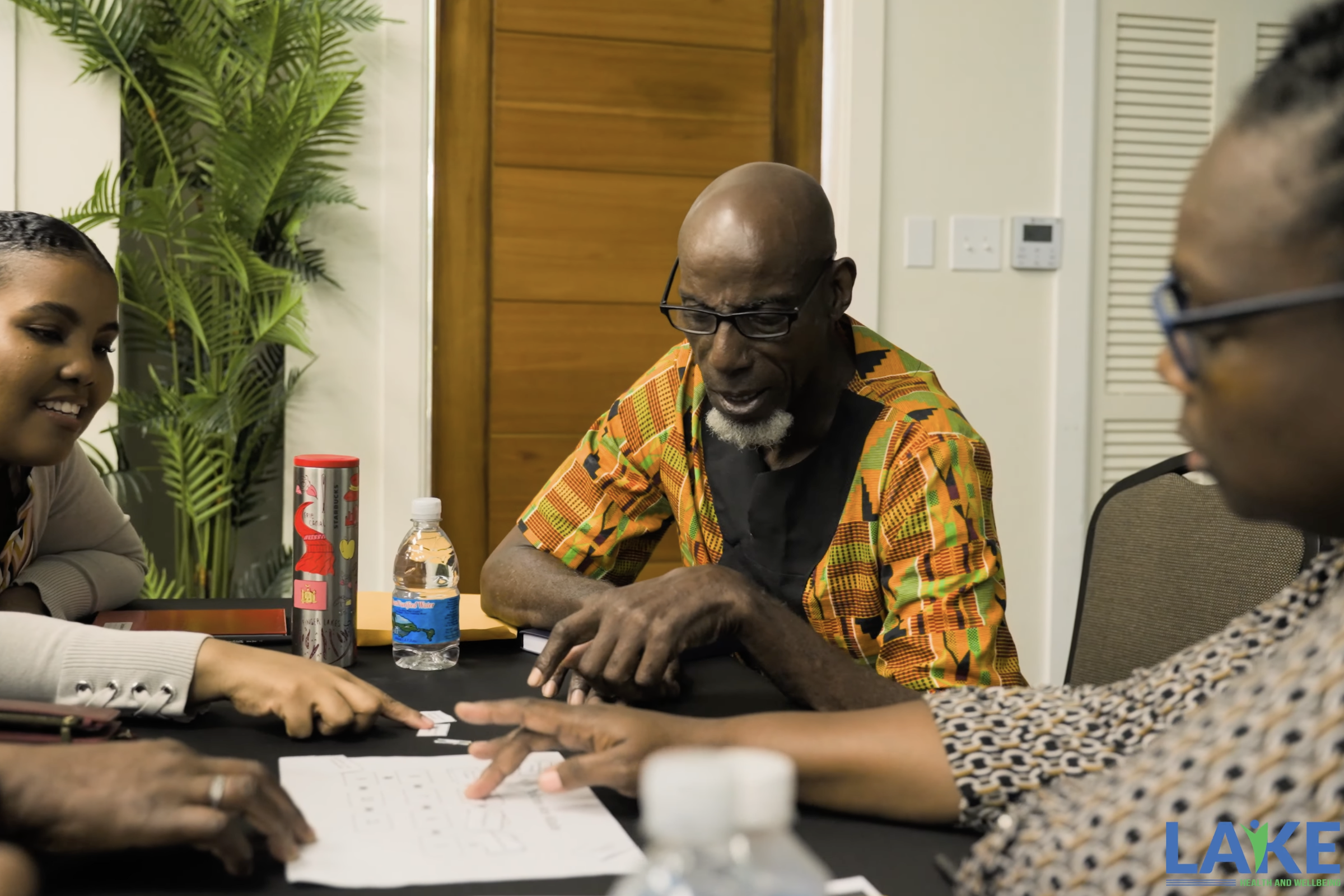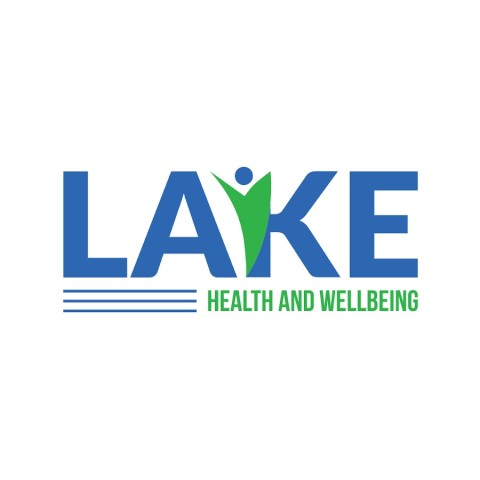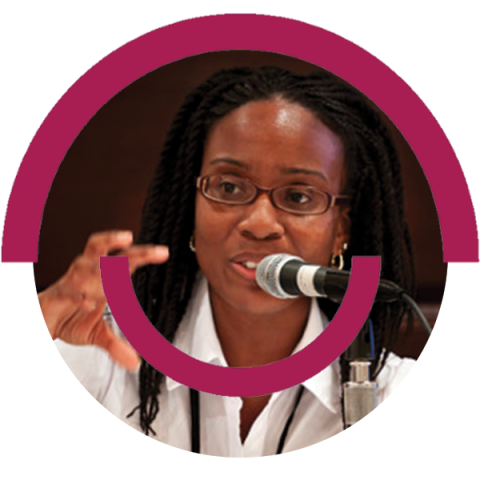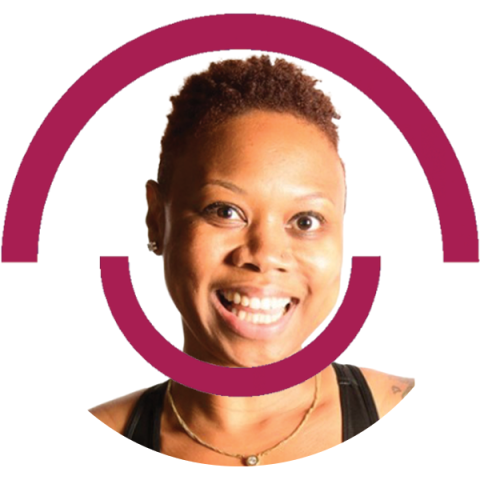When given the opportunity, NGOs can play a powerful, impactful, and multifaceted role in the fight against noncommunicable diseases (NCDs). From educating the public and raising awareness to delivering effective interventions, advocating for evidence-based policies, and holding governments accountable, NGOs can be important leaders.
Challenges in Small Island Developing States
However, as NGOs in a Small Island Developing State, we often struggle to reach our full potential due to the small size of our organisations, the lack of both human and tangible resources, and the sensitivities of conducting advocacy work in very small communities. Another key challenge is navigating the complex policymaking process and understanding how we can meaningfully contribute to it. Addressing this latter challenge is essential so that we can provide input which ensures that policies are effective at preventing and controlling NCDs and reflect the needs of those living with these diseases.
To address these challenges, in 2022, we formed the St. Kitts and Nevis NCD Alliance. We hoped that by coming together, we could strengthen and amplify our individual efforts by pooling our resources, expertise, time, and knowledge. A core part of our new Alliance’s work is to provide capacity-building opportunities to NGOs to ensure that we all have the skills and knowledge to lead on matters related to NCDs.
Building the capacity of NGOs in St. Kitts and Nevis
With the UN High-Level Meeting on NCDs and Mental Health (HLM4) taking place this year, we started 2025 with a capacity-building session titled, Understanding the NCD Policymaking Process for Effective Advocacy: Local, Regional, and Global Perspectives. Held in January, the session brought together civil society organisations (CSOs) and young people with the aim of strengthening the ability of NGOs and our growing team of Youth Health Advocates to engage more effectively in the NCD policymaking process.
Speakers represented the Ministry of Health, the Department of Gender Affairs, the Healthy Caribbean Coalition, the NCD Alliance, and the Department of Justice and Legal Affairs. Participants gained valuable insight into who sets the NCD policy agenda, how policies are developed, how they are translated into legislation, how we can contribute to this process, and the importance of continuing our advocacy work beyond the introduction of new policies and legislation to ensure effective implementation and monitoring.
The need for inclusive NCD policymaking
An important issue raised during the session was inclusive policymaking. With a presentation from the Nevis Department of Gender Affairs on gender-responsive policymaking and attendance from the Nevis CBR Advocates, the St. Kitts-Nevis Association of Persons with Disabilities, and young people, it was highlighted that policies need to be inclusive, both in how they are developed — by including all voices in that process — and in their implementation, by addressing the needs of diverse and vulnerable communities.
For example, with NCDs being one of the major causes of disabilities, inclusive policymaking is extremely important to persons with disabilities. As noted by Crannie Cranston, Executive Member of the St. Kitts-Nevis Association of Persons with Disabilities and a Youth Health Advocate, the workshop raised awareness around inclusion, but work remains to be done to turn policy discussions into meaningful action.
Crannie explained that while there have been visible efforts to take such action, including the construction of ramps at health centres and certain businesses, many of these are not fully functional. “Some ramps are too steep or end at a step, which defeats the purpose of accessibility.” These outcomes highlight that persons with disabilities should be included from the earliest stages of policy development, not just at the end, so that real, practical solutions can be created.
“We need a voice in government. Too often, we only hear about policies when they’re already finalised. We want to be included at the beginning, so we can help shape policies that truly work for us,” said Crannie.
She also reflected on the workshop’s impact on her personally. While it provided valuable knowledge and opened up new opportunities for engagement, efforts must continue to ensure workshops are truly inclusive, providing accessible venues, interpreters, and materials in formats suitable for persons with different types of disabilities.
As the St. Kitts and Nevis NCD Alliance continues its work, ensuring that persons with disabilities are represented and actively engaged both in our Alliance and in policymaking generally will be critical to achieving equity in the NCD response.
Looking ahead to the HLM4
During our capacity-building session, we also looked ahead to the upcoming HLM4, in September 2025, and discussed how we can contribute to this global event. We reviewed the regional and global NCD priorities from the Healthy Caribbean Coalition and the NCD Alliance, and identified some local priorities, which informed the development of a local call to action.
As NGOs, we bring a unique and real perspective to the table based on our experience of working in the community and listening to the voices of those most affected by NCDs. Therefore, it’s important that NGOs are empowered to take a leadership role in tackling NCDs, and we will endeavour to continue building the capacity of NGOs to lead.
Summary video of the capacity-building session:









